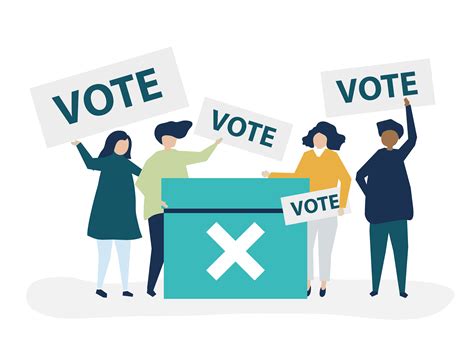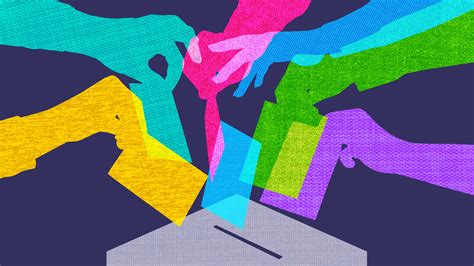Politics and Society


We had Mr. Walsh for Politics this year. Mr. Walsh was a good teacher who had us write an essay draft for politics and parliamentary tradition in Ireland.
Sample Work
The fundamental teachings of Daniel O'Connell are still profoundly important across numerous countries in the world. His teachings are what liberated the Irish Catholics, and what will liberate the millions of people living under oppression internationally. From the Uyghur Muslims in China, whose principal newspaper is based in New York, to the genocide in Gaza, where the affected people are required to plead to strangers online; required to set up GoFundMe's to survive. It is undeniable that society has failed these people.
In this essay, I hope to illuminate the reasons as to why parliamentary politics is vital for a functioning democratic society. I will discuss what parliamentary politics is and the parrallels between the Uyghur discrimination in China and the discrimination against Catholics in Ireland. Lastly, I will also discuss the failings of the American democratic system, and how it fails to represent the voices of American citizens.
Firstly, what is parliamentary politics? According to encyclopedia Britannica it is "[a] democratic form of government in which the party (or a coalition of parties) with the greatest representation in the parliament (legislature) forms the government, its leader becoming prime minister or chancellor." This means that the people elect representatives who then stand in parliament and are supposed to communicate the people's needs and wants. This is much more effective than a standard system of electing prime ministers for several reasons:
It allows multiple points of view to be heard at the same time. In a system where prime ministers are elected directly, the prime minister would be able to suggest laws freely without a system of getting rid of the bad ones. As opposed to this, a parliamentary system would have many checks and balances before a law would be passed, such as requiring a majority of the parliament to agree on the law before it is passed.
It also allows minorities' voices to be heard much more easily, as you would only need to win a local election for your voice to be heard in parliament, rather than having to win a national election.
The situation with the Uyghur Muslims in China is truly tragic and disgusting. In 2017, the Chinese government incarcerated an estimated 1 million Uyghur Muslims without trial or other legal processes, sending them to internment camps. They have been subjected to slavery, suppression of their religion, forced sterilization, contraception, and abortions. This unacceptable treatment is a product of China's 1 party system in politics. In China, there is only 1 party you can vote for, which means that once the party has decided who will be the president, that person will be the president. This is called a democracy, but it clearly isn't. Opposition is quashed without mercy; foreign journalists and cartographers "disappear."
This amateur's magician trick is easily seen through, however, the Chinese censors opposition. The people of China are easily puppetted by a combination of these spells. If parliamentary politics were implented in China, and the Uyghur people were given a vessel through which to discuss their discrimination without being silenced, there would begin to be real change. China would move to a more democratic system of governance and then the Uyghur peoples would be less discriminated, perhaps even able to have their own representatives in this hypothetical parliament, and would be able to advocate for themselves.
The USA does not have a parliamentary system of government. Instead, citizens elect presidents via the Electoral College (which I will not be going into here), and then the president can appoint members to the Supreme Court, who actually gets to decide the laws. The Supreme Court members serve for life, and are only appointed on death. This means that the people who decide the laws do not change very often, making it very easy to pass laws that the majority of people do not agree with.
The obvious solution to this problem is to create a parliamentary system where voters can vote for representatives in an American parliament, and they would be able to suggest and pass laws that only a majority of people can have. This allows a multitude of ideas to be heard, as already discussed.
In conclusion, parliamentary politics does indeed liberate; it liberates minorities; it liberates the censored; it liberates the people whom society has stampeded upon like a swarm of ants. Parliamentary politics gives more people voices than any other existing system of governance in the world. To all the downtrodden people in the world: whether you are a person in Gaza hoping to live, or a woman living under the Taliban's reign. Society has given up on you, and I now ask you, however unfair it may be, to not give up on society. Change is possible. Just as the iron grasp of Feudalism on Medieval Europe came to an end during the Renaissance, I ask you, however impossible it may seem, to bring a second Renaissance of society on our planet.